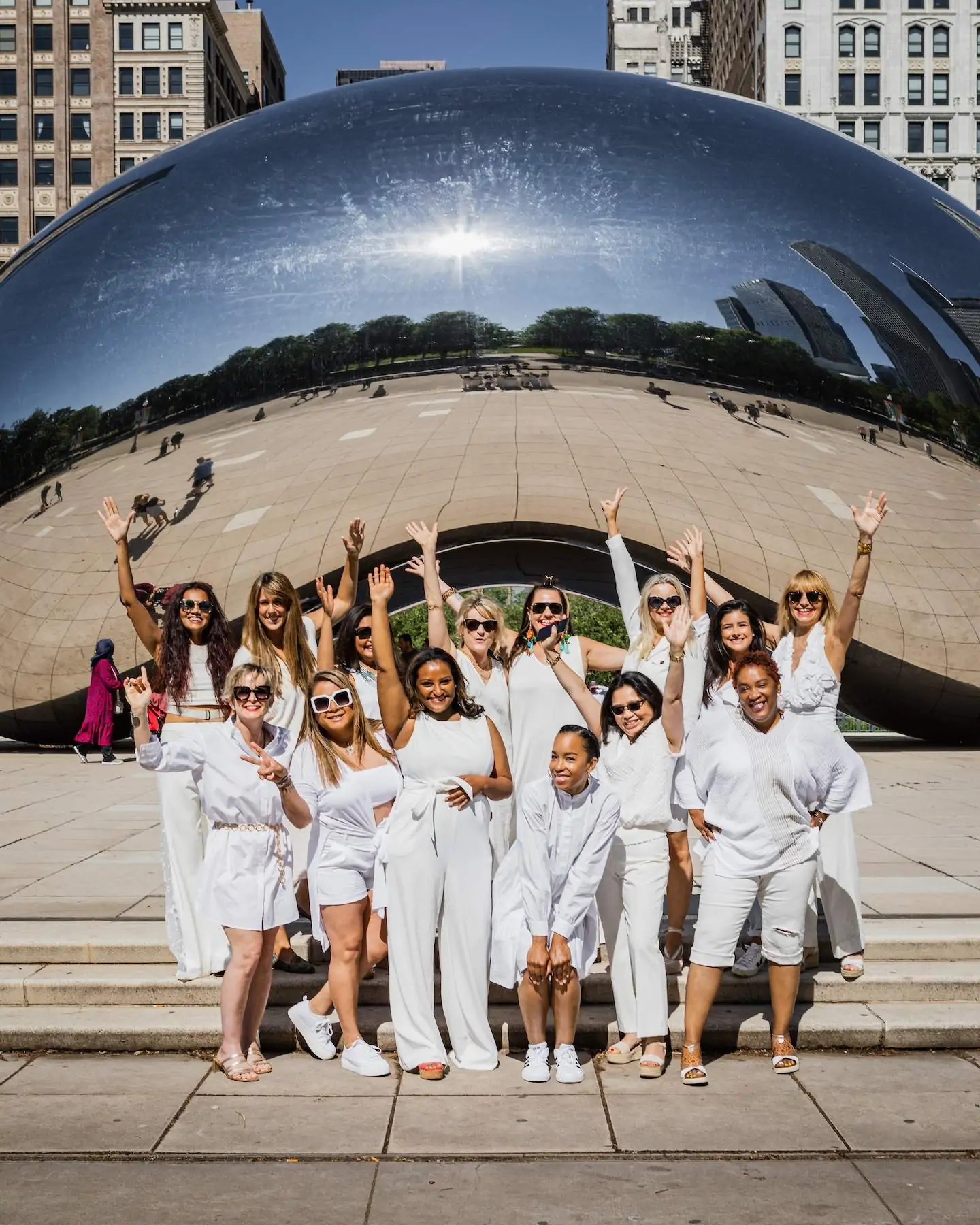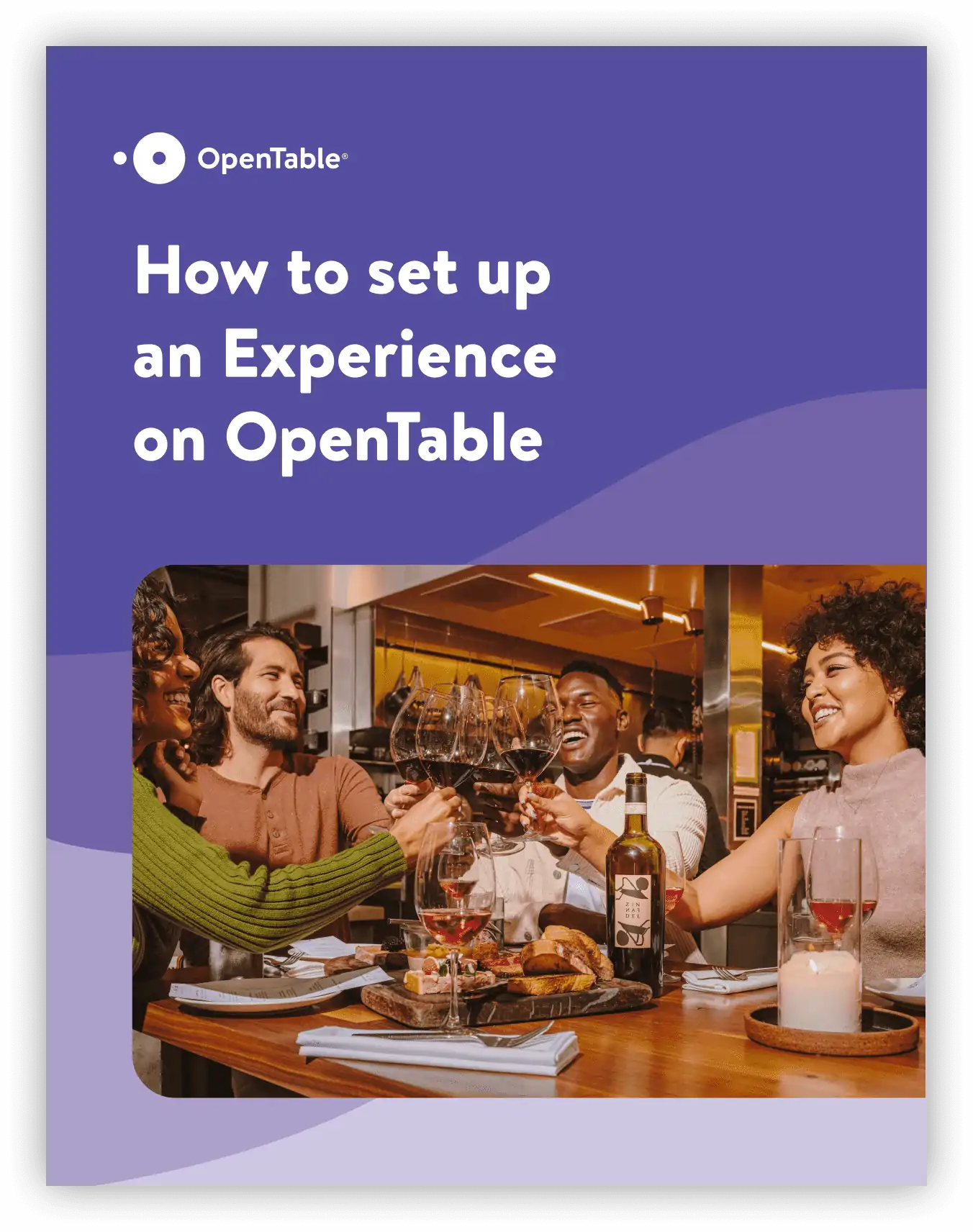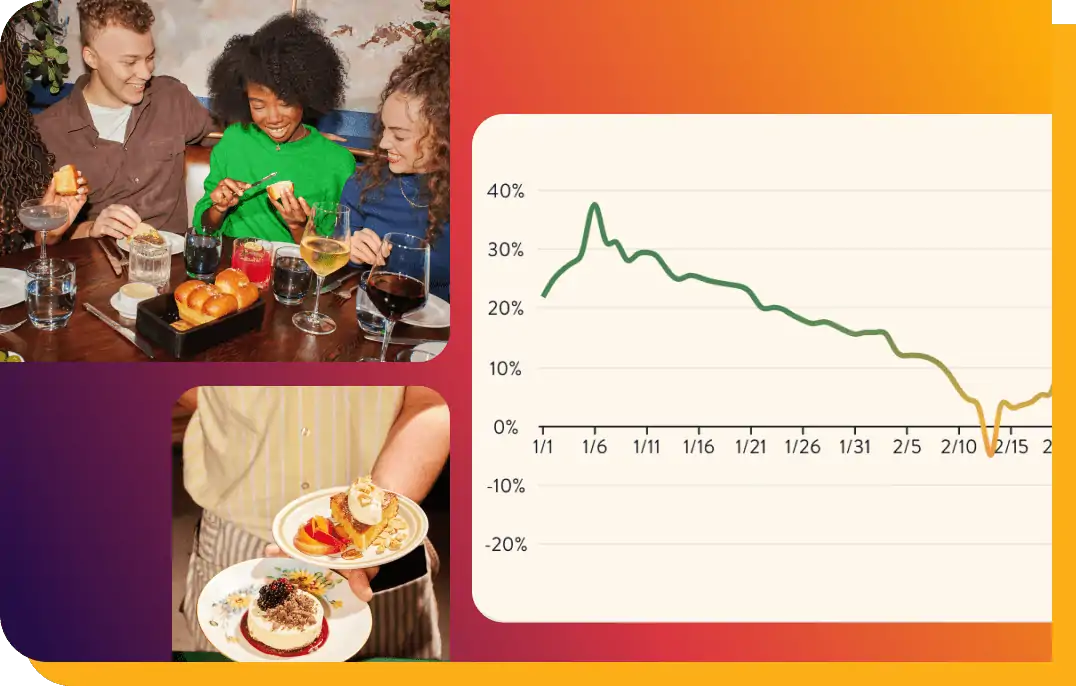In mid-2020, months after her Chicago restaurant Vermilion took a pandemic-induced pause, owner Rohini Dey was stumped by an unfamiliar to-do list. “How do you make sure your employees are safe? Where are you sourcing your sanitizers and masks and your plexiglass dividers; how are you getting your patio done?” she says, recalling some early struggles.
For answers, Dey, an accomplished multitasker whose credentials include a doctorate in management science and a stint at the World Bank, turned to her connections at the James Beard Foundation’s Women’s Program, which she led for a decade. Before long, she brought together ten other female restaurateurs to launch Let’s Talk Womxn, a much-needed support system and network of food industry professionals offering curated takeout menus. Today, it’s a thriving action-led movement that has bloomed to include more than 600 female entrepreneurs, chefs, and restaurateurs all across America.
Dey’s movement is just one of many innovative initiatives born out of the pandemic, dedicated to reviving an especially hard-hit industry. In addition to uplifting each other with tangible resources, these inspiring organizations underscore how isolation led to community-building for many in the culinary universe. Here are five movements doing particularly groundbreaking work.
RE:Her
Founded by Los Angeles-based female restaurateurs in the fall of 2020, this movement’s origins can be traced to a handful of video calls—centered on funding- and training-related obstacles women in the culinary world face—between industry leaders including Sylvie Gabriele (Love & Salt), Lien Ta (Here’s Looking at You), Mary Sue Milliken (Socalo), and Dina Samson (Rossoblu). The resulting business network, event platform, and community development program is an exceedingly democratic endeavor, open to all women food and drink entrepreneurs, with sights set on bettering education and access.
“Imagine giving ten women from 20 regions across the U.S. a cash investment, a one-year investment of industry specific training and a close-knit community of women food and drink business owners to lean into for advice and support,” Milliken says. “That’s what we hope to accomplish in the next few years.”
Food is Love
When Diane Wu Feng and Willet Feng lost their Houston-based restaurant burger-chan due to the pandemic in 2020—The Texas Restaurant Association estimates the state lost 9,000-10,000 restaurants since the start of the COVID-19 pandemic—they pivoted quickly. The duo launched Food is Love, a grassroots organization that fundraised to purchase meals from surviving mom-and-pop joints, shuttling that food to other restaurants to provide free staff meals, in addition to ordering and delivering food to the restaurant that prepped the “thank you” staff meal. “[It was] a sort of subsidized meal swap,” Wu Feng says.
Though the pair recently dialed back on the deliveries (their attention is now firmly fixed on burger-chan 2.0., which opened doors in January), the organization lives on. “Once we get our [new restaurant] back on its feet, we’re excited to re-dedicate ourselves to Food is Love and cook up ideas to give a fraction of the hospitality back to food and beverage workers,” Wu Feng says.
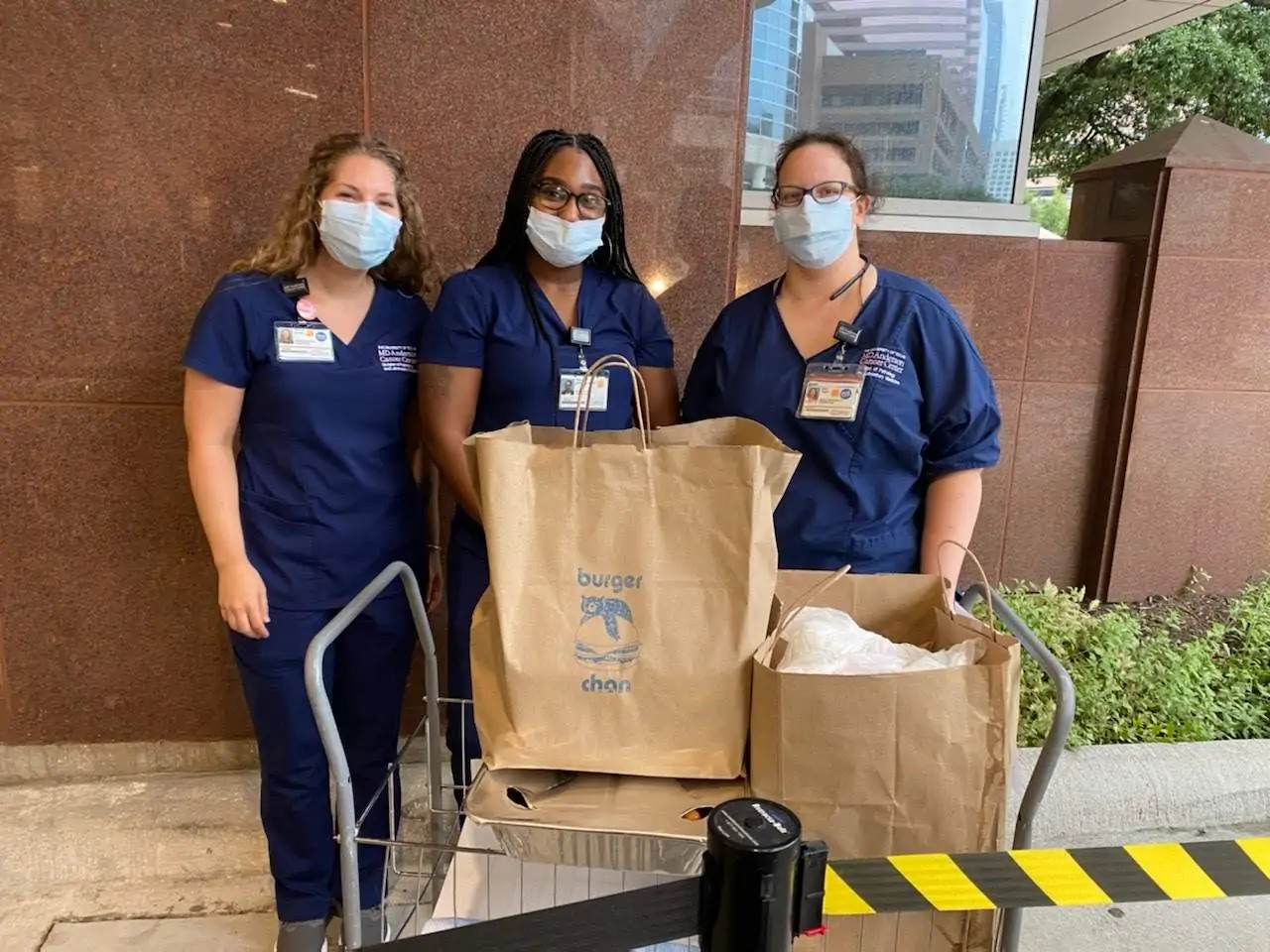
Let’s Talk Womxn
With its origins in Chicago, this highly collaborative movement launched as a way for female entrepreneurs to keep their restaurants surviving through the pandemic and is now in 13 cities nationwide. Balancing mega-events such as a national International Women’s Day summit with city-specific initiatives like in-person supper clubs, female-focused restaurant weeks, and multi-restaurant takeout meals, Let’s Talk Womxn’s larger goal is to build combined economic power.
“Each of us was struggling with the same issues in the pandemic,” Dey says of her fellow restaurateurs. “And [Let’s Talk Womxn] happened to be the ideal way to share and collaborate and really boost each other, not just with referrals. It enabled us to know that we’re not alone.”
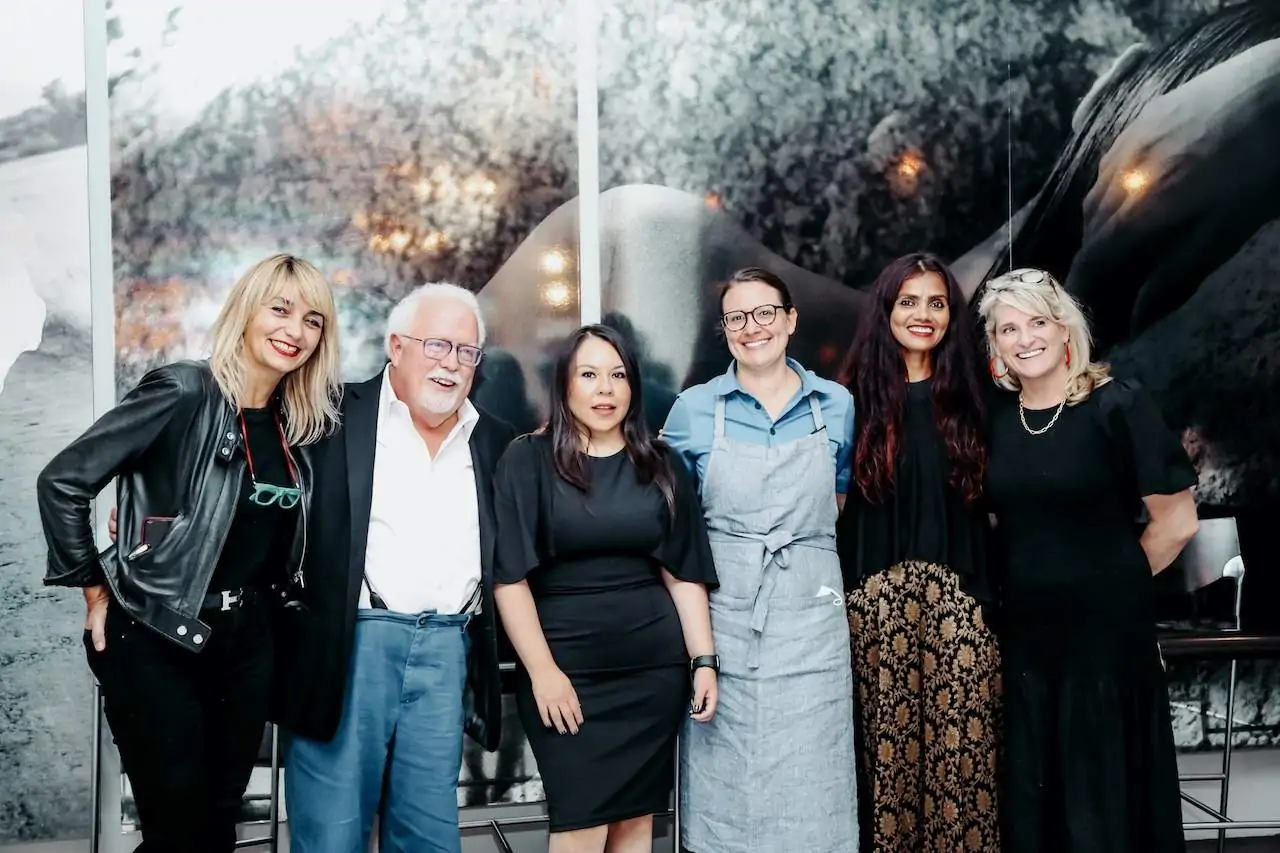
Independent Restaurant Coalition
In the pandemic’s earliest days, celebrity chef Tom Colicchio and 17 other members of the restaurant and bar co-founded the Independent Restaurant Coalition as a way to keep the country’s 500,000-plus small food businesses—and the 11 million people they employ—afloat. The IRC’s advocacy efforts eventually led to the creation of the Restaurant Revitalization Fund. Though the $28.6 billion fund successfully provided grants to about 100,000 bars and restaurants nationwide, approximately two-thirds of the establishments that applied for grants didn’t receive any. It’s why the IRC is now on a mission to get Congress to replenish the fund, critical to ensuring the survival of the independent bar and restaurant community around the country.
Chefs Stopping AAPI Hate
As anti-Asian hate crimes surged across the United States, Washington, D.C.-area chefs Tim Ma and Kevin Tien reached for their culinary skills to combat the issue. In early 2021, shortly after the Georgia spa shootings, the two launched “Chefs Stopping AAPI Hate.” Their inventive initiative began by sending off a string of text messages to their friends in the restaurant community—they steer the kitchens at Moon Rabbit and Lucky Danger, respectively—who swiftly agreed to create five-course takeout dinners to benefit nonprofits serving the AAPI community.
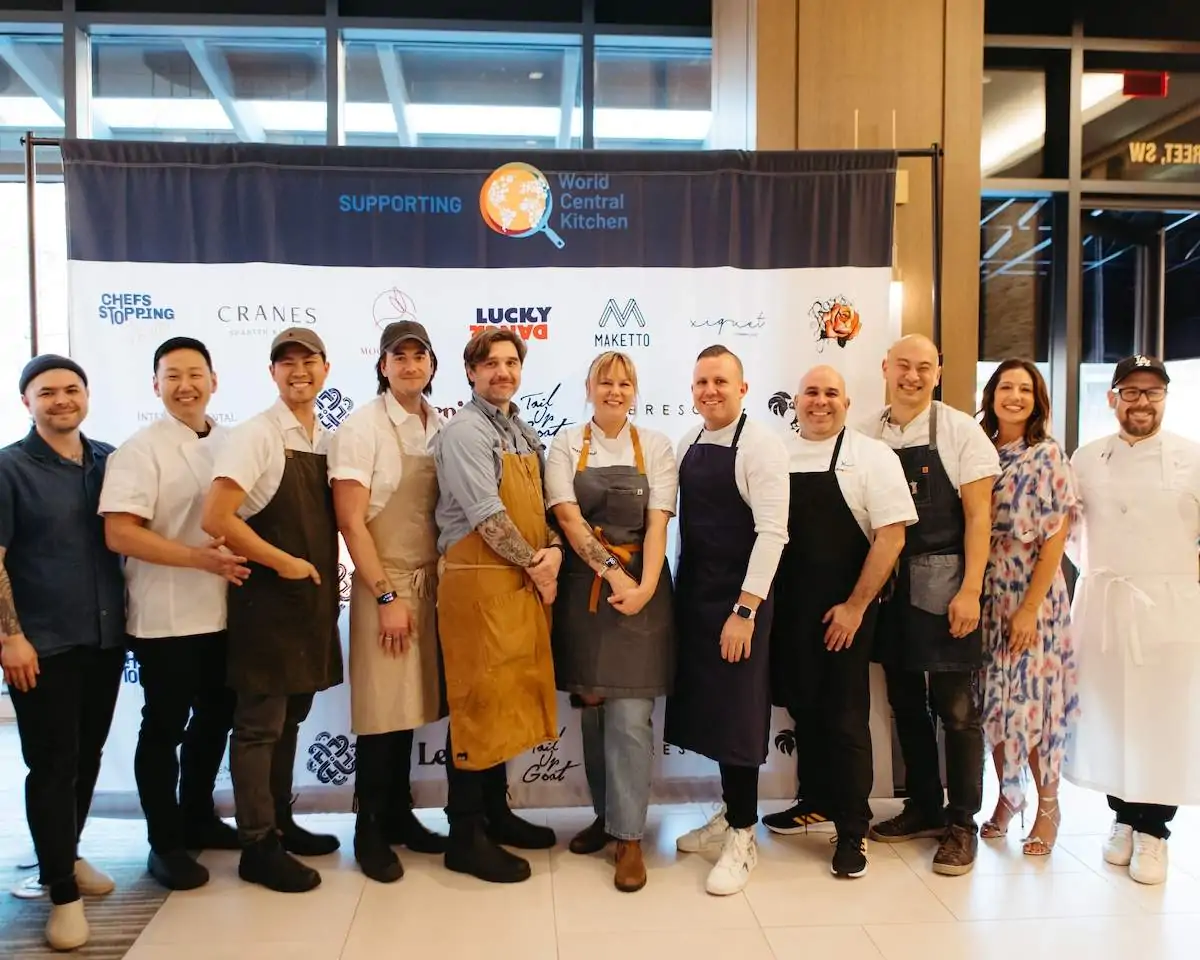
The project, which now features dozens of chefs around the country, including Julie Cortes of D.C.’s Kaliwa and Gayle Pirie and John Clark of Foreign Cinema in San Francisco, has raised more than $122,000 for charities.
“For me, I think a lot of what people know about being Asian in America is through food; the way most people are first introduced to our culture is by getting Chinese food from the corner place every week,” Ma says. “Our organization uses food as a medium to connect the love of our food and how the AAPI community is being impacted by Asian-targeted violence.”

